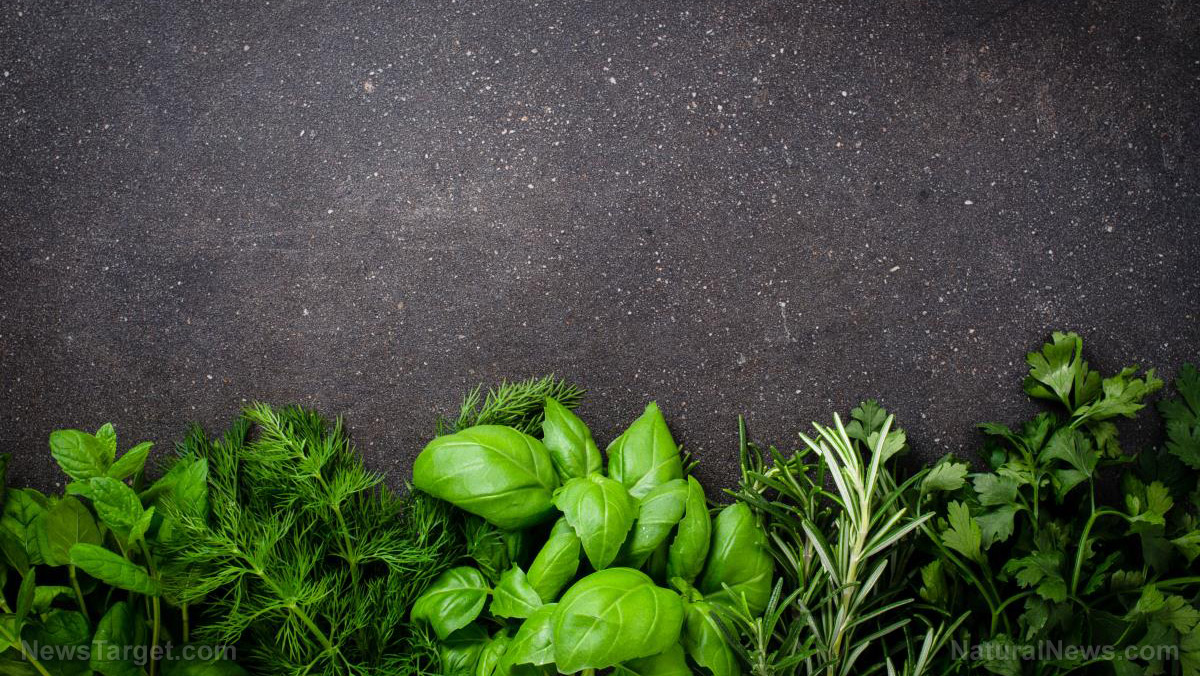Tropical herb found to prevent death of brain tissue after a stroke, study
10/27/2018 / By David Williams

Stroke is one of the few things that often appears on the short list of illnesses that doctors – as well as the media – often refer to as silent killers. It works quietly, in the background, and rather quickly after it starts, so one of the best strategies that you can employ to stand a chance against it is to simply prevent it from happening in the first place.
Indeed, as the saying goes, an ounce of prevention is better than a pound of cure. But in case you find that it’s too late to prevent a stroke, new research suggests that you can now use plants that are rich in antioxidant phytochemicals for effective treatment. Researchers looked at one plant in particular, called Antiaris africana Engl. (Moraceae), in order to gather data on its anti-stroke potential.
The logic behind why exactly the researchers sought to determine the efficacy of a plant for the treatment and prevention of stroke is actually rather simple. In their paper’s introduction, they reason that many drugs originate directly from plants, and so they are already the focus of searches for “novel bioactive agents with negligible or zero side-effects in the treatment of diseases” in humans. In the case of A. africana, it is being viewed as a source of novel phytomedicines against oxidative stress, excitotoxicity, inflammation, and other damaging ischemic cascades.
It should be noted that A. africana is sometimes referred to as simply Antiaris, bark cloth tree, and false iroko. It has a remarkably wide distribution in tropical regions, occurring in Australia, tropical Asia, tropical Africa, Indonesia, the Philippines, Tonga, and various other tropical islands. In short, it is in extreme abundance, so if it can be used for the treatment or prevention of stroke, then there will be plenty of it to go around for everyone.

According to the researchers, the data from their study showed the possible neuromodulatory, antioxidant, and anti-inflammatory properties of A. africana. This is important to note because many of the key targets in stroke therapy, such as excitotoxicity, oxidative stress, and inflammation, can be treated directly with it. Evidently, the plant contains anti-excitotoxic, antioxidant, anti-inflammatory, and other so-called mechanistic routes that allow for the conferment of protection against bilateral common carotid artery occlusion/2 h reperfusion (BCCAO/R) insult.
The researchers concluded their study by saying that they successfully demonstrated the protective property of A. africana leaf extract against cerebral ischemia or reperfusion-induced injury, specifically through amelioration of several damaging biochemical cascades of ischemic injury. Therefore, they suggest the plant’s potential relevance as a “veritable pharmacological intervention” against illnesses such as stroke.
Stroke prevention and treatment might seem complicated, but it’s actually a lot simpler than it first sounds. As a matter of fact, there’s a whole host of different foods that you can eat, not to mention lots of supplements that you can take, in order to not only treat it but also prevent it.
Based on research made by other experts, a diet that consists of whole, natural, and preferably organic foods can go a long way towards helping almost anyone aid stroke recovery and prevention. Some examples of these include fresh fruits, vegetables, whole grains, fish, seeds, legumes, nuts, and beans.
Meanwhile, you can also try taking 400-600 IU of vitamin E daily, 3,000 mg vitamin C, and one tablespoon of flaxseed oil to serve as supplemental support throughout recovery. Hopefully, the information here helps you let go of the idea that stroke is an unpreventable condition that inevitably affects almost everyone at some point in their lives, and that it can’t be treated when it finally strikes.
Read more about treatments for heart diseases in Heart.news.
Sources include:
Submit a correction >>
Tagged Under:
alternative medicine, anti-stroke, Antiaris africana, antioxidants, bark cloth tree, cerebral ischemia, excitotoxicity, false iroko, heart disease, herbal medicine, Herbs, medicinal plants, Moraceae, neuroprotection, oxidative stress, phytochemicals, plant cures, stroke
This article may contain statements that reflect the opinion of the author





















